Political upheaval grips the UK as the Liberal Democrats challenge the Tory government with a vote of no confidence following significant local election losses.
Uncertainty Across the UK

Following the recent local elections, UK politics are looking as uncertain as ever. With the Liberal Democrats winning more seats than the Tories, will their vote of no confidence bring about the general election that so many are calling for?
Local Election Results
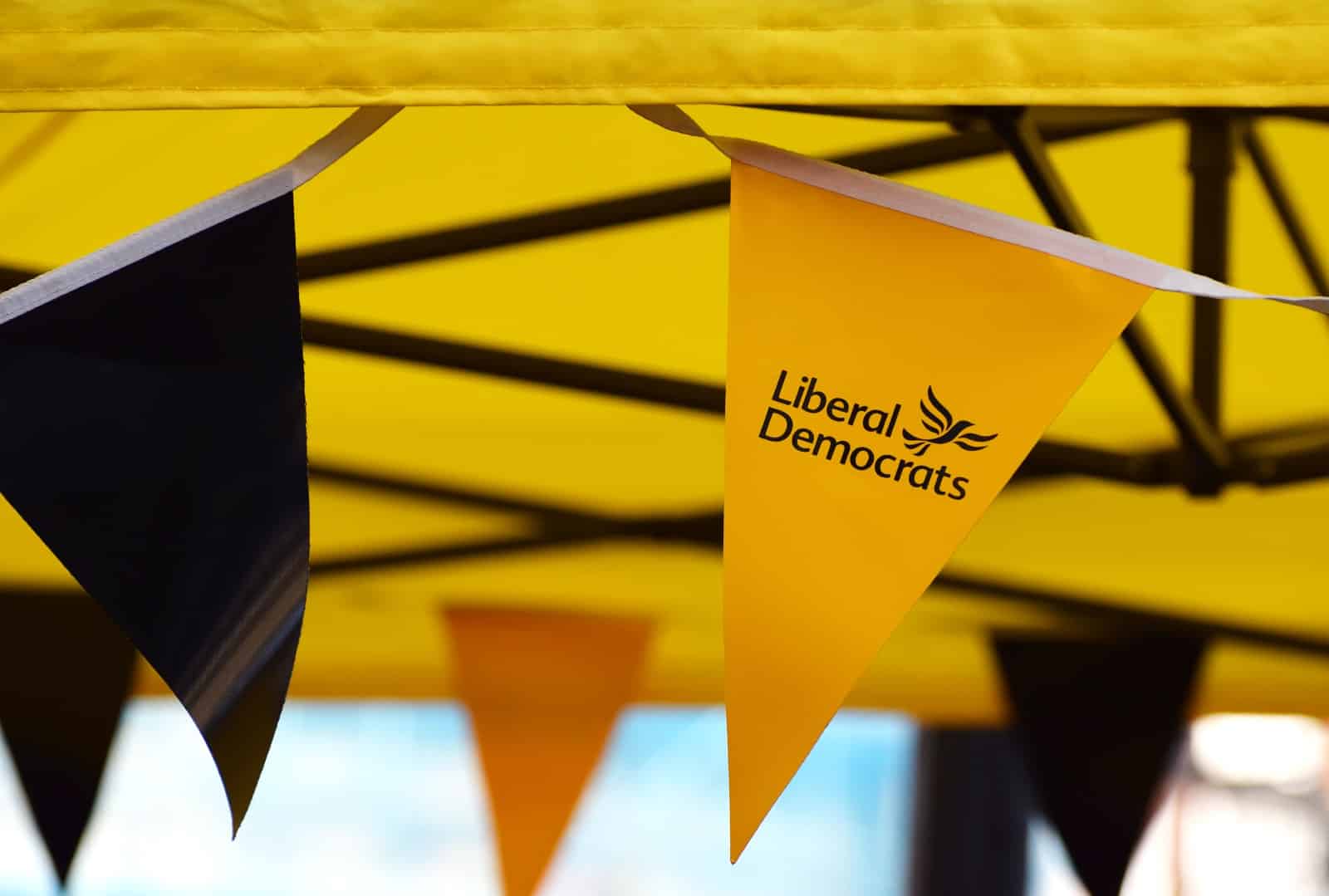
The local elections held on 2 May this year showed that public support for the Tories is lower than ever. The Liberal Democrats won 522 seats compared to the Conservatives’ 515.
A Huge Loss
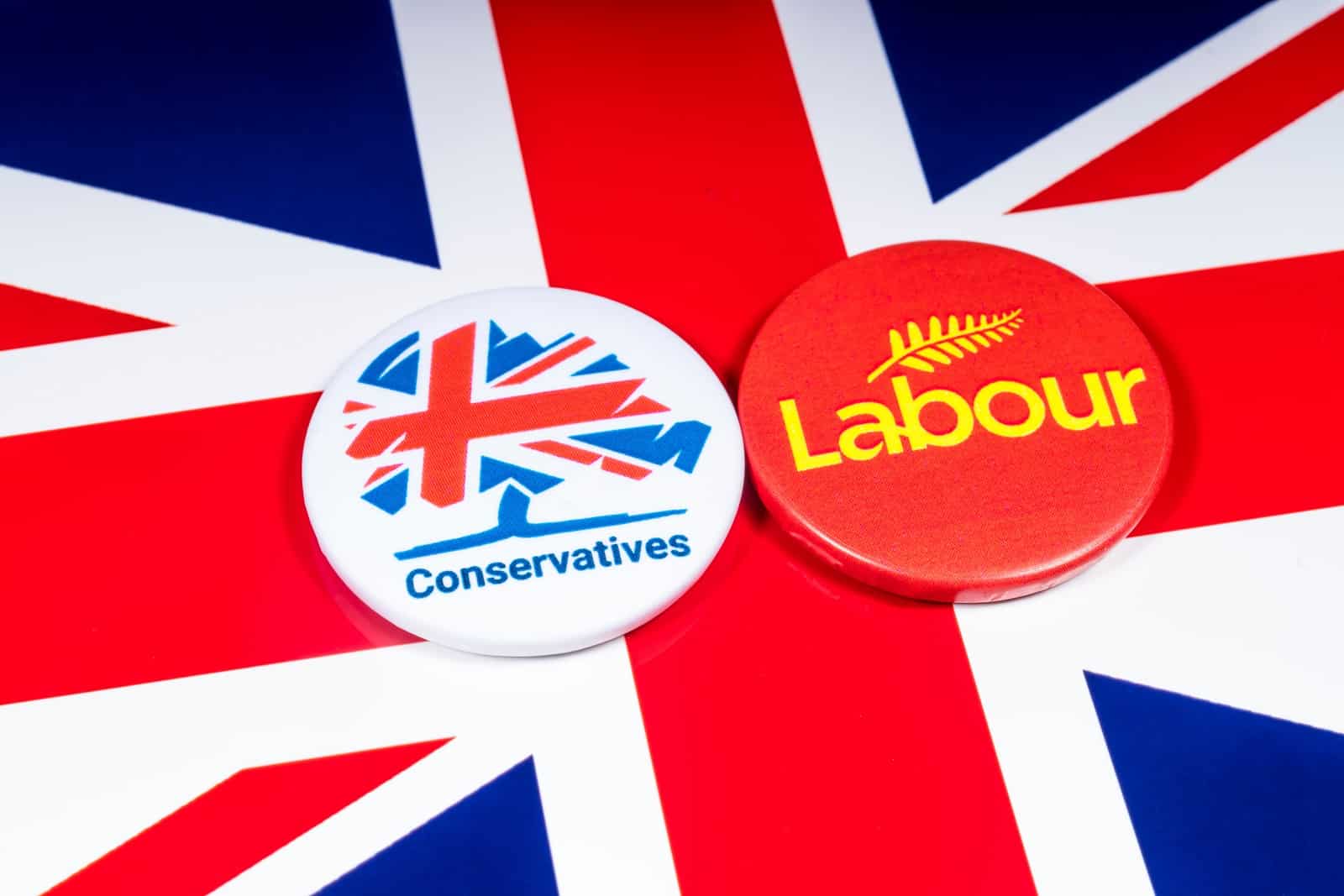
While the number of seats for these two parties is relatively close, the change from the 2019 election really shows how public opinion has shifted.
Blue Seats Turning Yellow
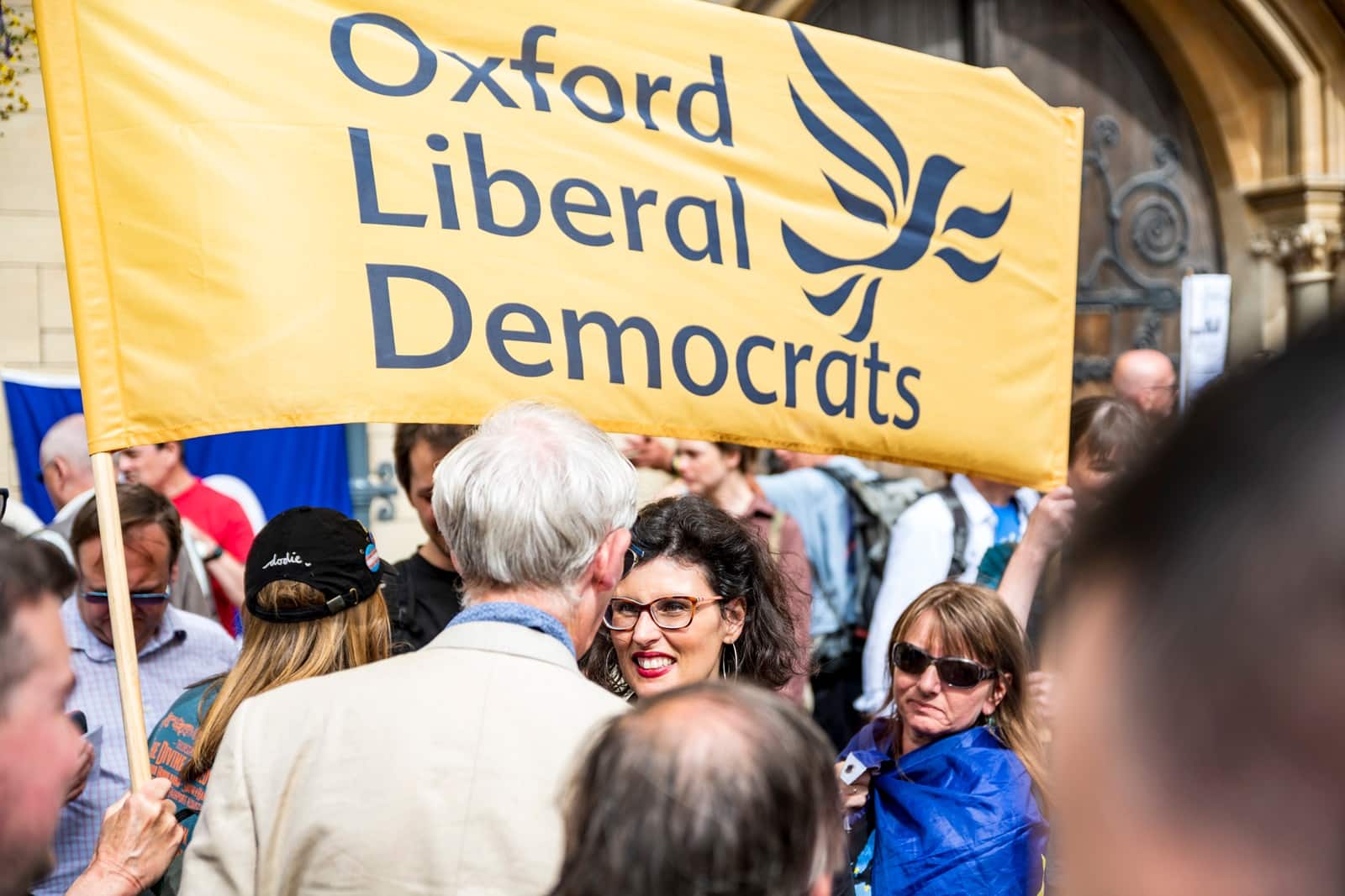
The Tories are down a staggering 474 seats, and the Liberal Democrats gained 104, proving just how much favour the Tories have lost.
What Next?
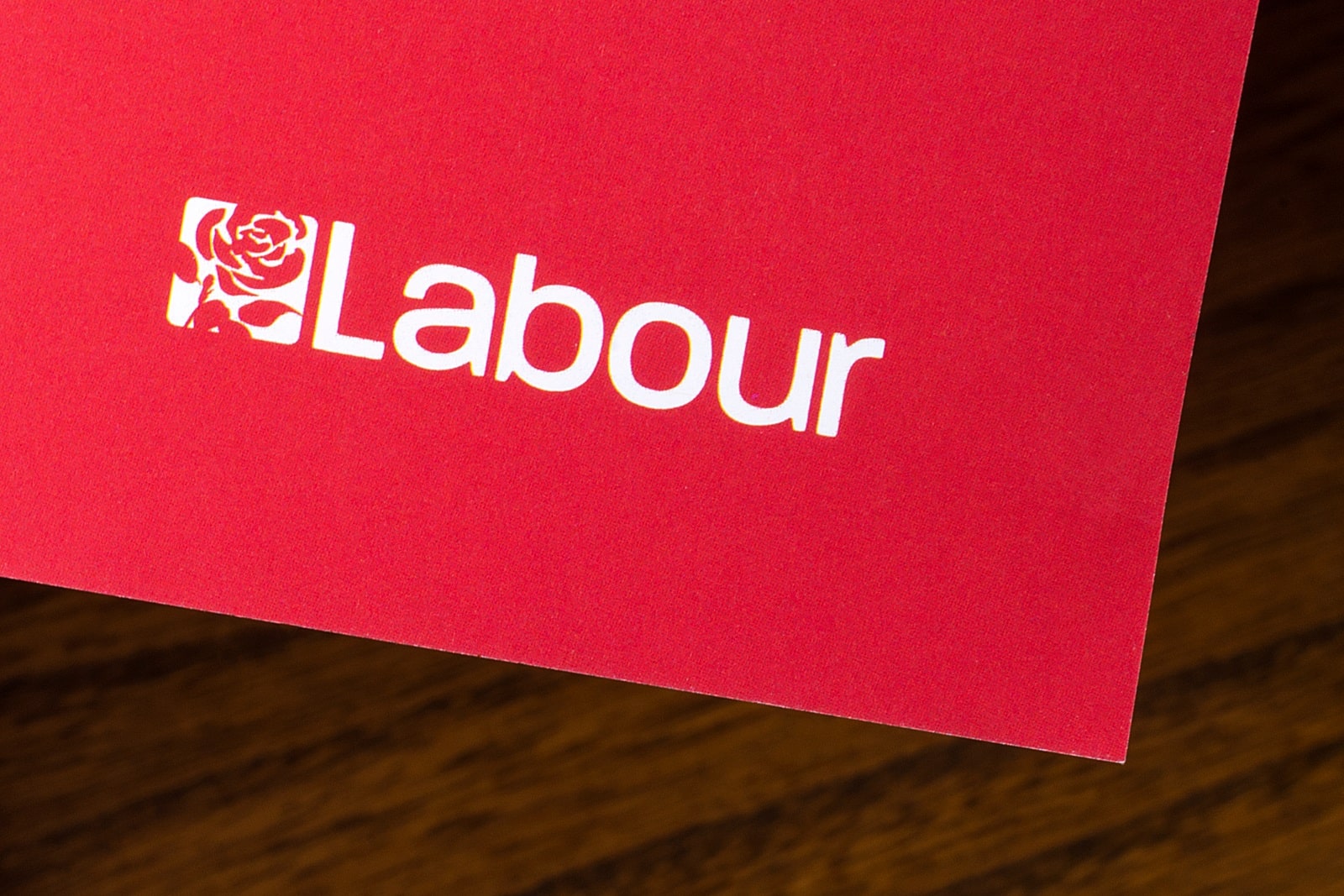
While Labour stands well clear of these two parties with 1,158 seats, up 186 on the last local election, the considerable drop in seats for the Tories is strong grounds for the Liberal Democrats to bring a vote of no confidence to the House of Commons.
A Vote of No Confidence

Sir Ed Davey, Liberal Democrat leader, is expected to table the vote of no confidence on 7 May. This doesn’t come with any guarantees, as the Conservatives have a majority of 47 seats.
What Does It Mean?
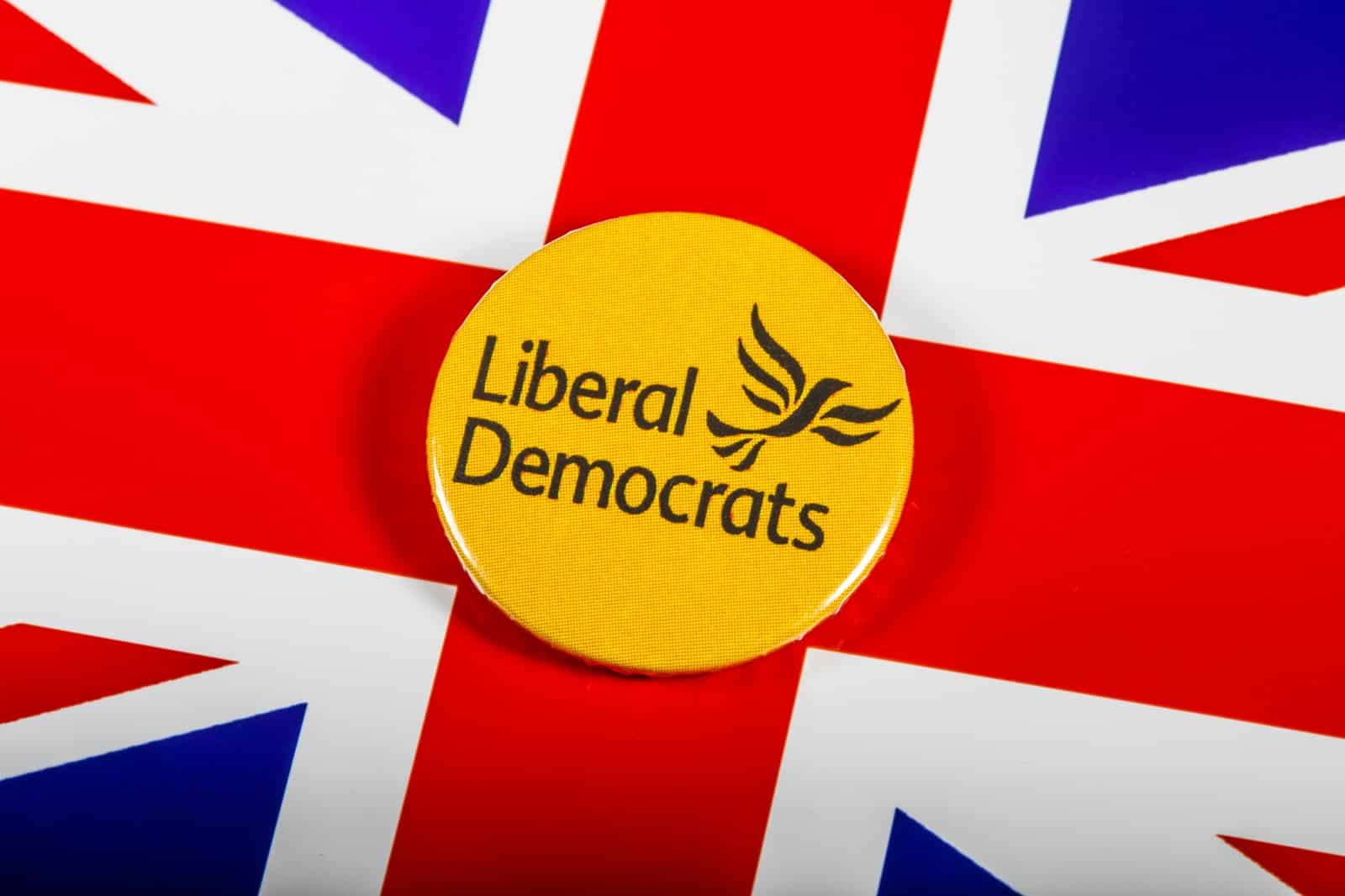
The vote of no confidence means that, if called by the leader of the opposition, the government must give time to a parliamentary debate. However, this isn’t guaranteed if called by the Lib Dems rather than Labour.
Next Steps

If the government does go ahead with the vote, only a majority of 1 is needed to win. Therefore, if no Conservatives vote against their own government, nothing will happen.
Possible Outcome

However, if more votes are against the Tories than for them, it will likely force a General Election in June. This means the Conservative majority of 47 is crucial to the outcome.
A General Election?
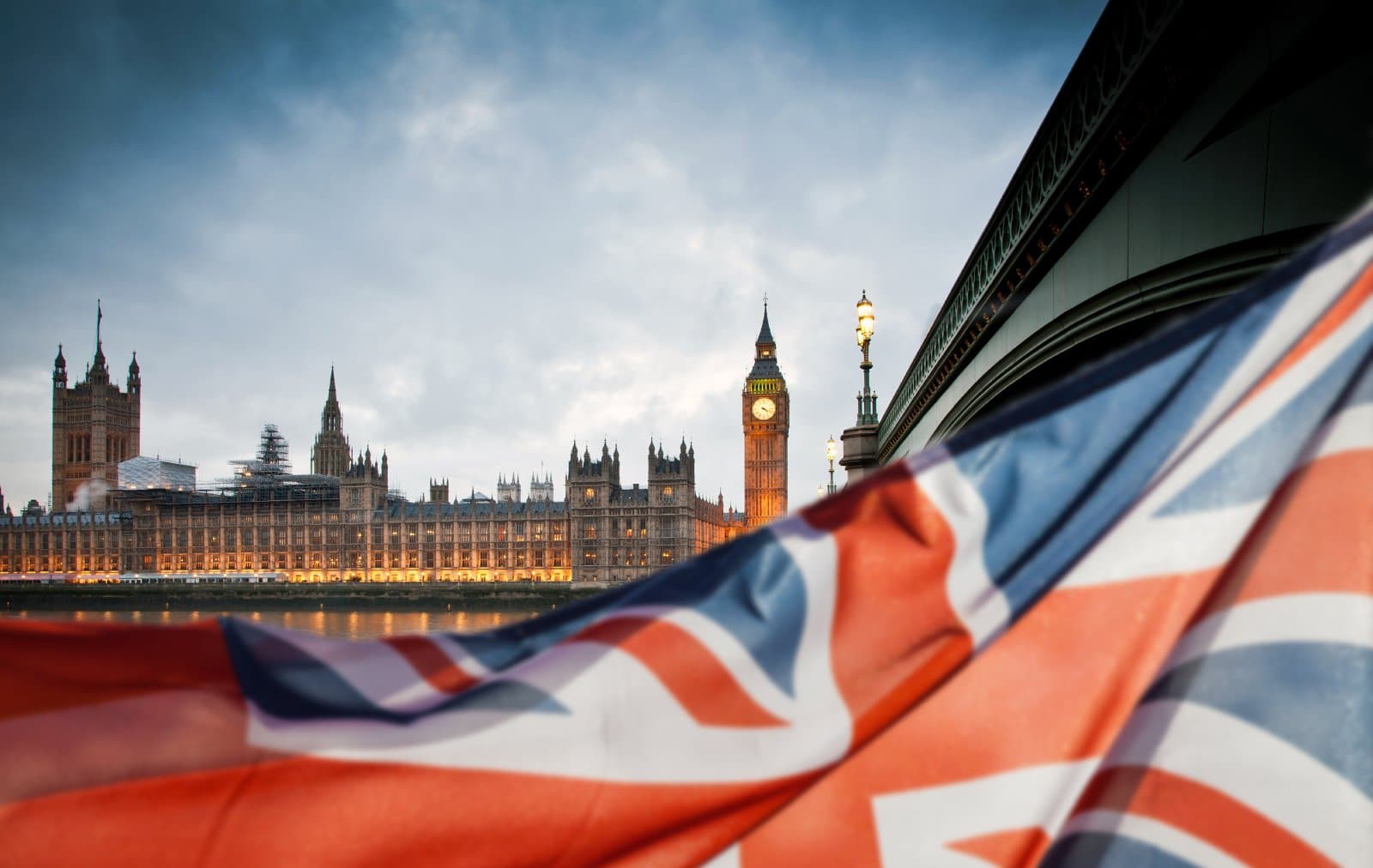
If the vote of no confidence is successful, several possible outcomes remain. The most likely would be a General Election following the dissolution of the current Parliament. A few other options are also possible, though unlikely.
The King’s Role

If the vote of no confidence goes against Rishi Sunak and his government, the King will find himself in an unusual position – he will have the power to decide what happens next.
The King’s Options

The King could invite a specific party to form a new government. This last happened under George V in 1924. Alternatively, the Conservative Party might decide on a new leader, and the King could invite them to form a new government.
The King’s Options

The King has another controversial option; he could dismiss the vote of no confidence and refuse to dissolve Parliament for an election. This would likely put the King in a difficult position as it would effectively go against the accepted practice and the government’s own decision.
What Would Happen in a General Election?

Wikipedia has compiled a wide variety of recent opinion polls to show the likely outcome of a General Election. Results suggest Labour would receive around 45% of the vote, Conservatives around 22% and Lib Dems close to 10%.
Carrying On as Normal
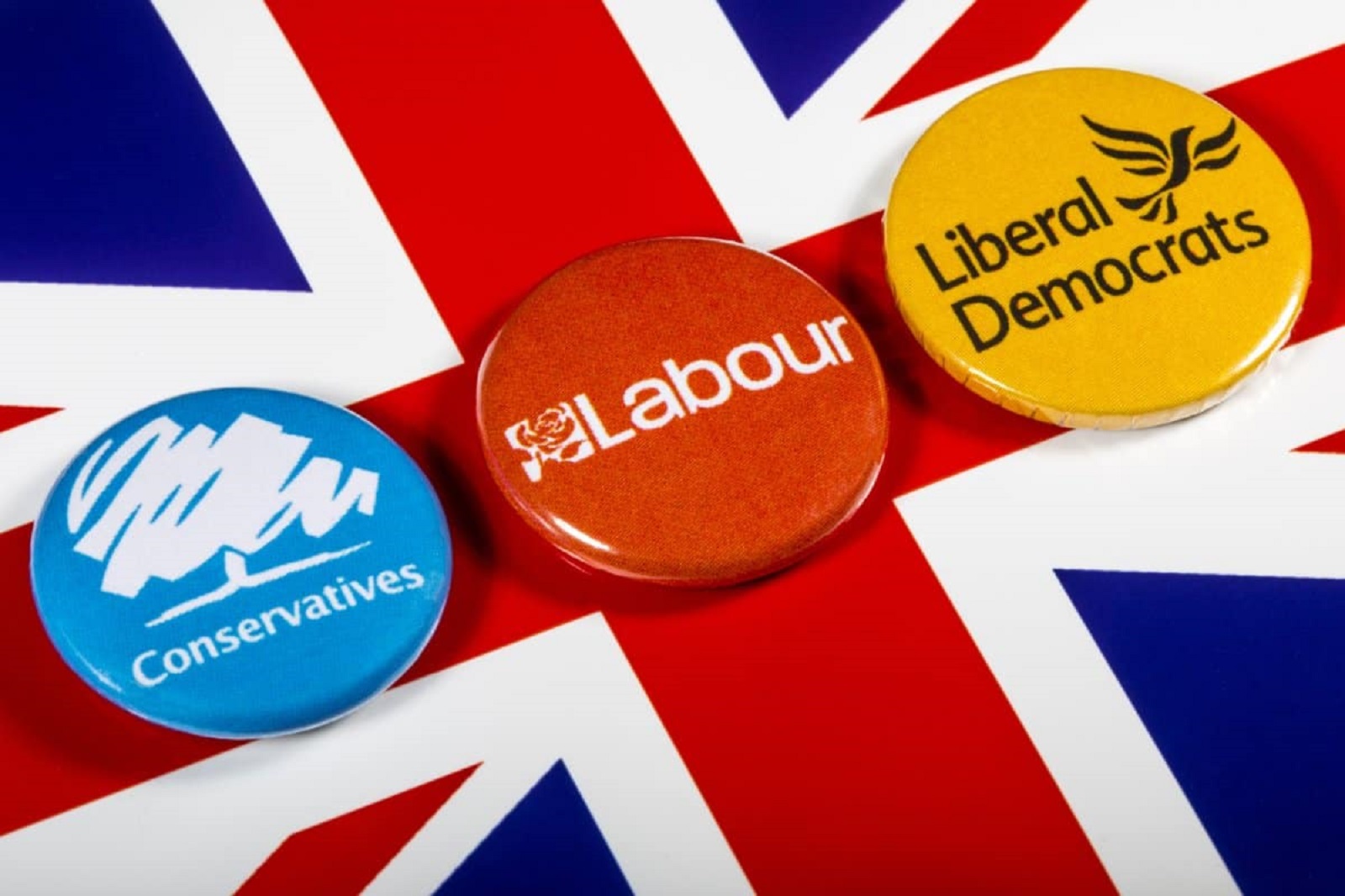
While many consider a General Election to be near-essential at this point, there are no guarantees it will be held this summer. However, parliamentary rules require a General Election to be held by January 28, 2025.
New Leadership

Whether the vote of no confidence goes ahead or not, significant concerns have already been raised over Rishi Sunak’s leadership. There has been plenty of speculation over how long he will remain in power and who might be his successor.
Penny Mordaunt
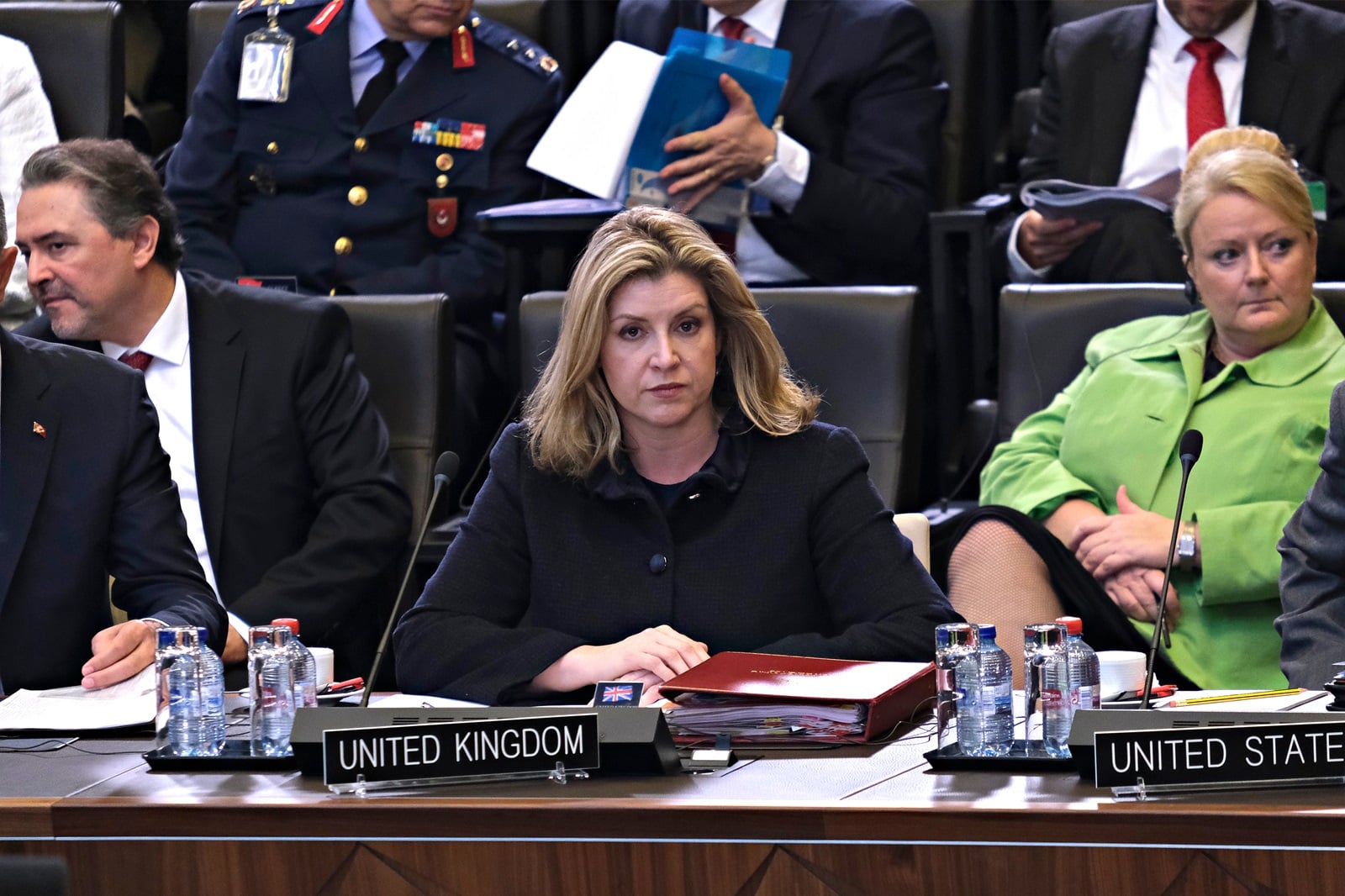
Penny Mordaunt recently reiterated her support for Sunak, but she has made stands for leadership in the past. It wouldn’t come as a surprise if she were in the running next time around, but her previous failed attempts may make her a less appealing candidate…
Patel vs Braverman
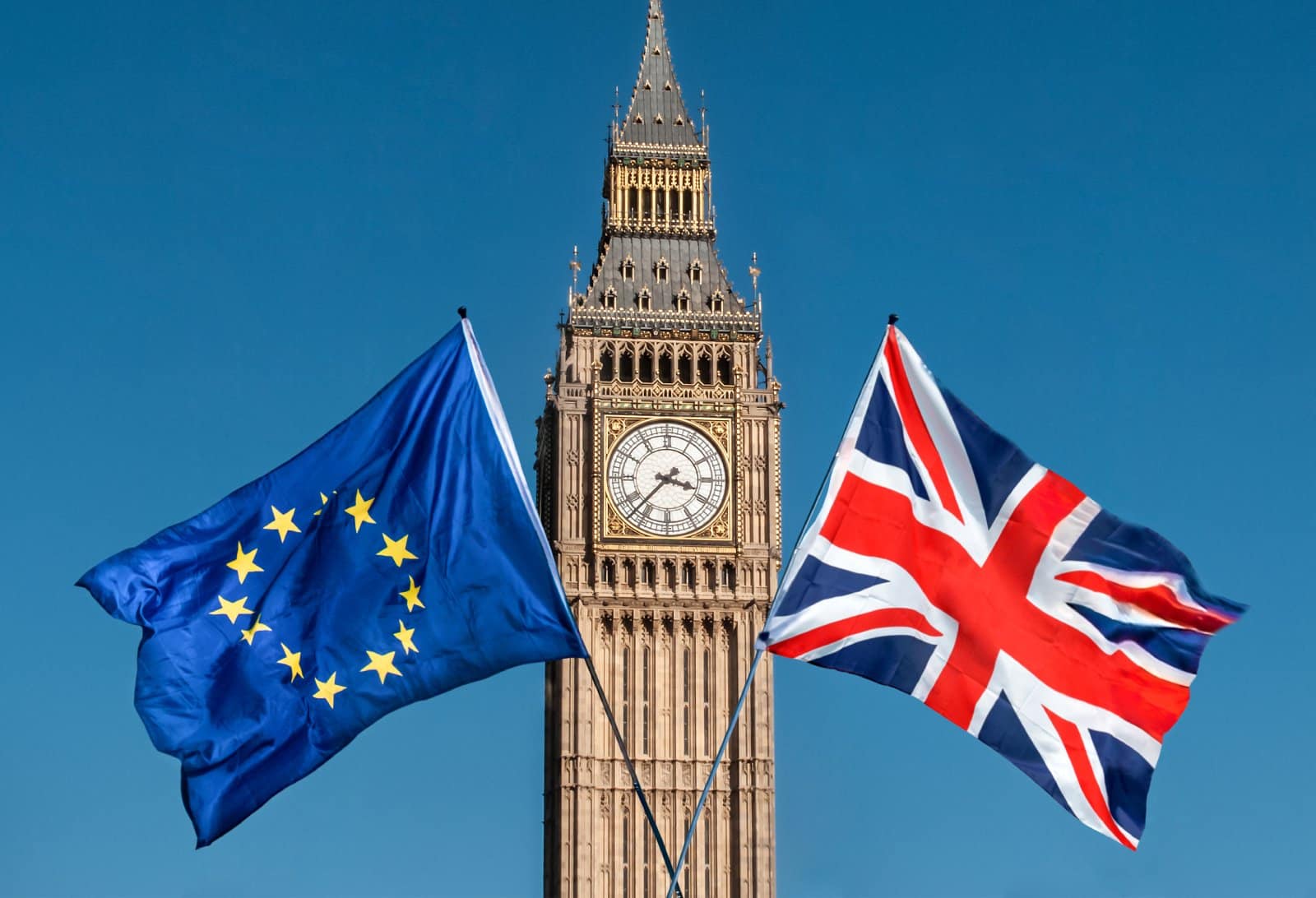
Two of the most controversial women in UK politics may also vie for the role. Both former Home Secretaries, Suella Braverman and Priti Patel, have made reputations for themselves with some headline-worthy issues, which might mean they end up head-to-head in a leadership contest.
Healthy Competition

Other possible candidates to succeed Sunak include Secretary of State for Business and Trade Kemi Badenoch and current Home Secretary James Cleverly.
Uncertainty Ahead
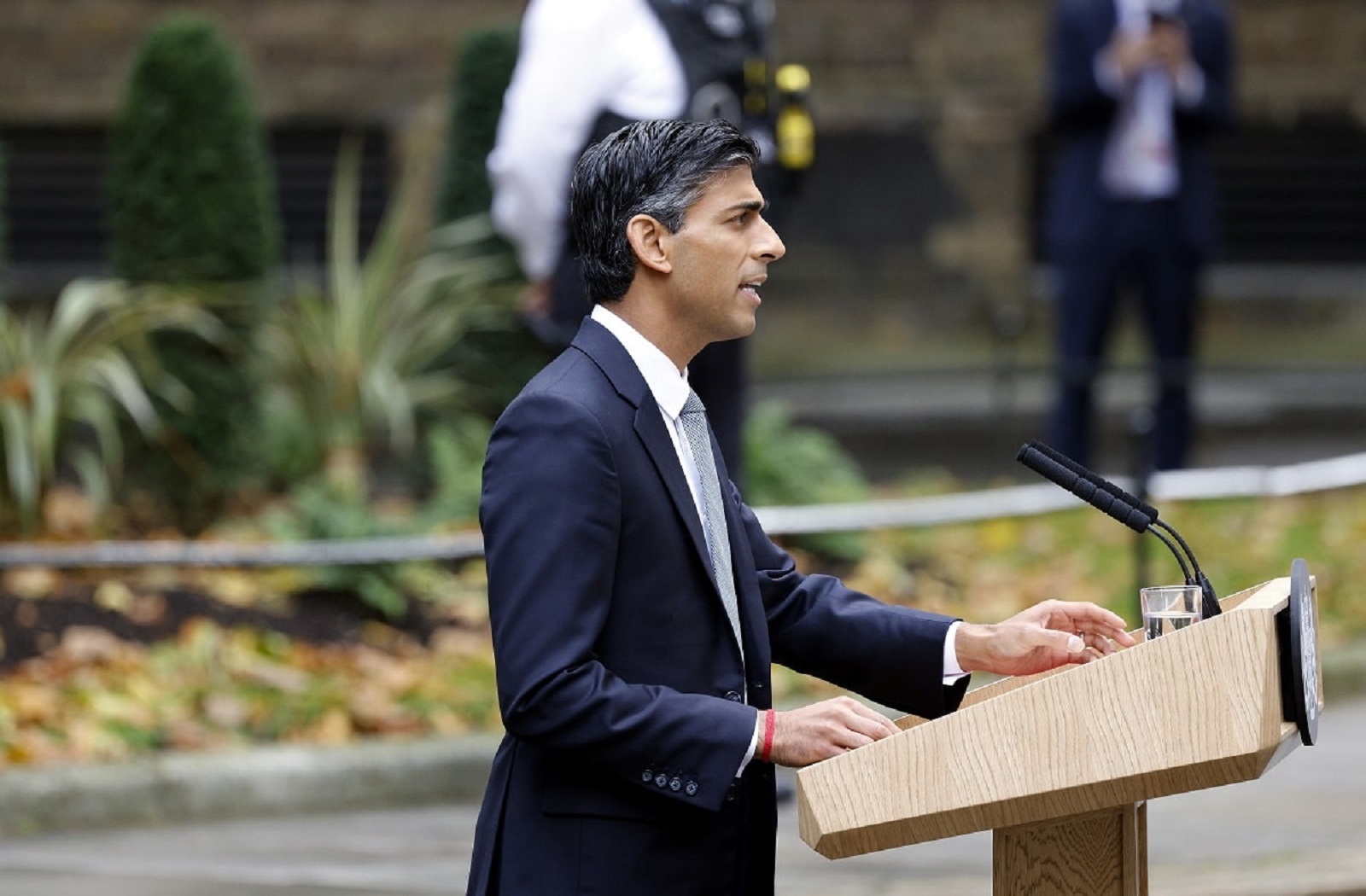
The next few days, weeks, and months are crucial for the Tories and especially for Sunak. His career is truly hanging in the balance.
The post Lib Dems Strike Back: Vote of No Confidence Threatens Tory Government Amid Election Losses first appeared on Swift Feed.
Featured Image Credit: Shutterstock / I T S.

